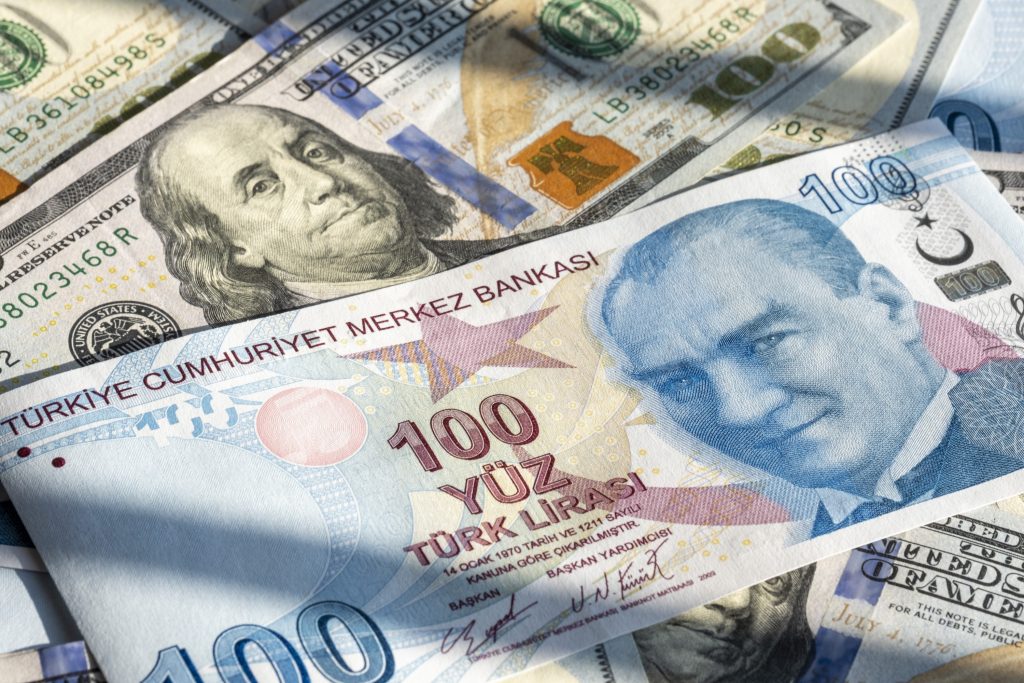Turkish start-ups are looking highly attractive to investors. Last year saw a record $1.6 billion inward investment in the country.
The tech sector, and in particular gaming and fintech companies, are leading the chase for funding. The industry is seeing investment at every level in Turkiye, with the money spread over three hundred deals covering seed, early and later venture capital funding.
There was $93 million invested in seventy-four deals in the last quarter of the year, with details shared at an event in Istanbul in January. Although there was a slowdown on previous quarters, it reflects global trends on investment.
Major markets worldwide are plagued by rising interest rates, skyrocketing inflation and an overall fall in valuations. Therefore, there has been a decrease in investment deals.
Despite that it’s still good news for financial technology industries (fintech) and gaming, which have had their best year ever in terms of the values of deals. They are up there with SaaS (software as a service), artificial intelligence and marketplace tech regarding the number of deals being successfully concluded.
Fintech raised about $90 million in 2022, up by nearly a third from $69 million in 2021. Fintech is second only to the gaming industry, which attracted a staggering $362 million, up from $265 million the previous year.
Turkiye is ranked fourth in the world for gaming investment behind the USA, Singapore and the UK.
Fintech is an interesting market in Turkiye as the granddaddy of the sector, PayPal, is absent. This could be one possible driver of innovation as people seek out an alternative.
There is no doubt that PayPal is an incredibly popular and trusted fintech platform throughout the world. They might have started life partnering with eBay to facilitate peer-to-peer money transfers, but PayPal is now accepted globally at checkouts from Walmart and Marks and Spencer to top PayPal casinos and travel agents. But not in Turkiye.
“Thanks to fintech developments, Turkish banks can offer highly advanced banking products. In some cases, they are doing this ahead of many of their international competitors”
PayPal withdrew from the market when Turkiye mandated that all financial companies had to have a physical presence in the country. When their license expired, they ceased to operate there.
Undoubtedly, this has left a PayPal-sized hole, and tech entrepreneurs are looking to capitalise on the opportunity. In 2013, the Law on Payment Systems was introduced, allowing innovations in the country for payment and money collection services.
Fintech innovation is strong in the areas of pre-paid cards, digital wallets, budget management, offline payments, money transfers, loyalty cards, cash registers and point-of-sale devices. In addition, wherever money is being moved around, fintech is looking for ways to streamline the process.
Fintech solutions work hand-in-hand with Turkiye’s traditional financial services sector. The banks are keen to work with the innovators and have adapted to fintech solutions. This is because the efficient use of technology allows them to offer their customers the broadest possible product range.
Available fintech innovations include being able to submit loan applications through text messages and the ability to withdraw cash using QR codes.
As with other global markets, mobile contactless payments are popular. In addition, customers can open bank accounts without going into a branch thanks to video conferencing and AI financial assistants on hand to help with queries.
Fintech is also changing the country’s relationship with public authorities. For example, the General Directorate of Land Registry and Cadastre use fintech to verify and establish mortgage applications.
With its large population, Turkiye is an important market to anyone looking for homegrown business success. Among the fintech names that have seen the most significant growth is Birleşik Ödeme, which Ilker Sozdinler founded in 2010. The company provides services in the country to companies like Pepsico and Total. In addition, they collaborate with local banks and have partnerships for international money transfers with Wise, Remitly and Paysend.
Main image, top, showing a close-up of 100 Turkish Liras and 100 Dollars bill. Photo © photon / iStock




